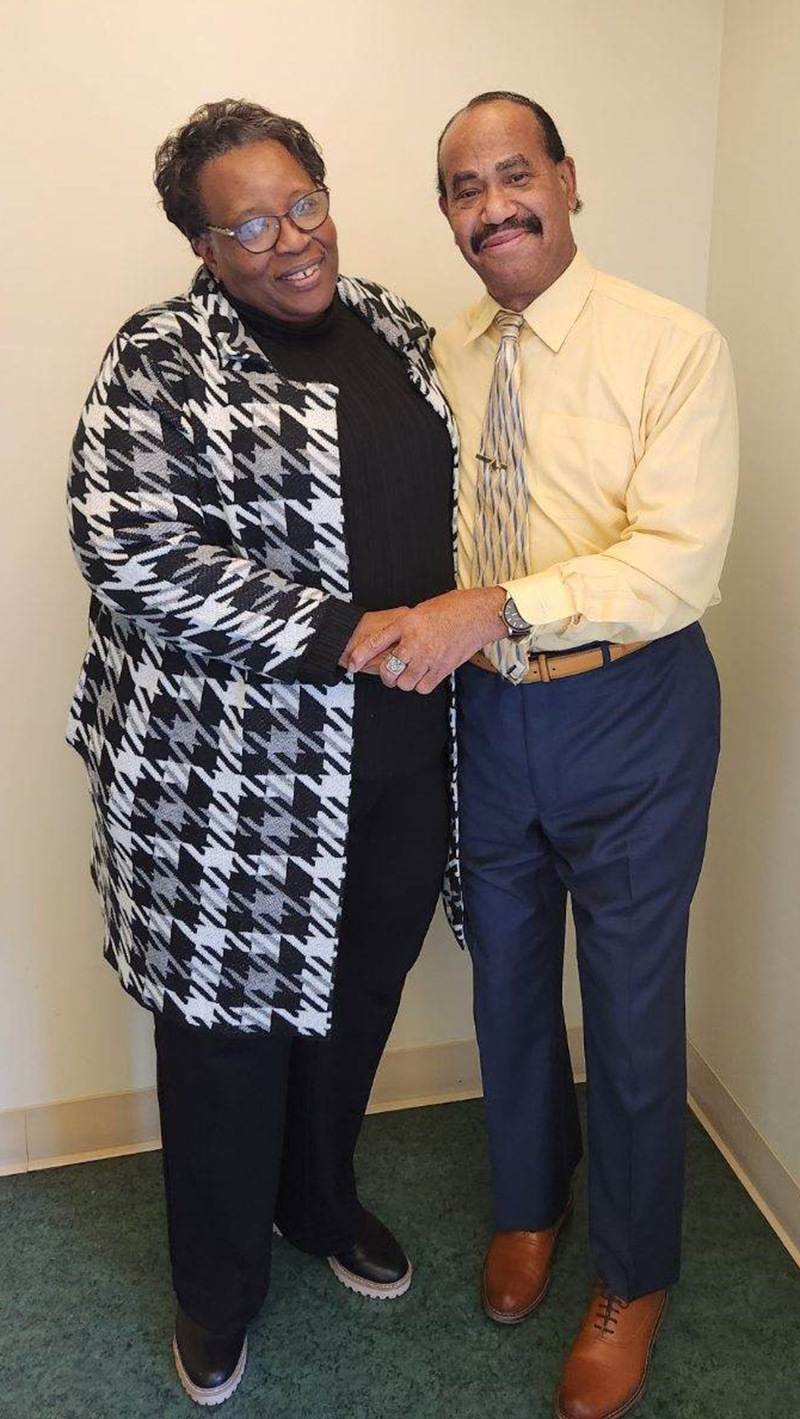Partners in Recovery Offers a New Way Forward and Friends for Life

A retired cardiac nurse, Sarah says she is in a good place. She has two amazing grandchildren, and volunteers regularly with her local Veterans Affairs office. She admits, her journey has not always been easy and said she is particularly grateful for the support she found in the Partners in Recovery (PIR) program when she was in a bad place.
Before her experience with PIR, Sarah said things in her life had gotten really unstable. “I was taking care of everybody else and putting myself on a back burner.” Then, a series of losses set Sarah down a dark path. “I lost my dad. I lost my mom. Three months later, I lost my brother.” Sarah said she was struggling and then “all the depression came crashing down.”
A Tipping Point
“I come from a long line of women drinkers,” she said. “So how much I was drinking seemed kind of normal.” However, during a frank discussion with her primary care physician about how much she drank, he suggested she needed to go to a crisis center. “I told him, ‘No, that’s for crazy people. I’m not going there.’”
For Sarah, depression and anxiety, mixed with a tendency to drink, proved to be a dangerous combination. “I could go from zero to complete rage with no in between.” Not long after meeting with her doctor, Sarah said she was involved in a serious altercation, and it was the wake-up call she needed. Sarah went voluntarily to a crisis center. When she came out, she started attending individual and group therapy sessions at Partners in Recovery. “Dealing with my illness, I became aware of my triggers, the symptoms and the behaviors.”
Learning Why She Was Angry
Parts of the recovery process were difficult for Sarah, especially revisiting her childhood — recalling instances of abuse, maternal abandonment and trauma. “I had to dig down into me, and bring it all out. A lot of it was what had happened to me when I was a child,” she said. “It all came out. I knew I had anger issues, but until then, I didn’t understand why it was so deep and intense.”
She said PIR was effective because the counselors and others in group held her accountable. “They called me on my stuff. And it was like being set free,” she said. “When I got with the program, I got my life back. They showed me a lot of things I’d missed and they showed me what was out there.”
Sarah began her career in the Army just after she graduated from high school. When she got married, she left the service and took a job in a federal correctional facility. It was a difficult environment for a woman to work in and Sarah said she found herself drinking regularly to cope. At PIR, she received the encouragement she needed to go back to school. “I went back to school, got my degree and became a cardiac nurse.”
The Healing Continues
“Not once did I feel hopeless, sitting in those seats,” said Sarah about her time at PIR. “Our group was awesome.” Her peers in the program really helped her grow. “Sometimes they challenged me; sometimes they took me by the hand and led the way.” Sarah said many of the friendships she made at PIR have endured. One of the friends she made and kept was Wilson Bagley.
Today, Bagley is a Medication Assisted Treatment Coordinator at Catholic Charities. Recently he invited Sarah to address the men and women currently in the program. “Sarah was an inspiration to us all,” said Bagley. “She cared so much. There is not a more loving, caring person out there. With her big spirit and generous heart, Sarah is second to none.”
Sarah said it felt awesome being back at PIR and sharing with the group. “I realized how far I had come,” she said. “I have to give thanks to Catholic Charities for being there for me,” she said. “You definitely helped me back from the brink.”
FOR INFORMATION on the Partners in Recovery Program, call (609) 396–4557.
#Recovery #SubstanceUseTreatment #MentalHealthMatters #PartnersInRecovery #CatholicCharitiesTrenton #HelpWithAddictionNJ #HelpWithAddiction
To subscribe to our blog posts and news releases, fill out the fields below.

